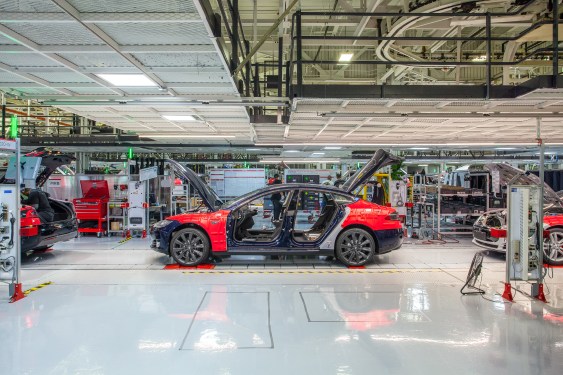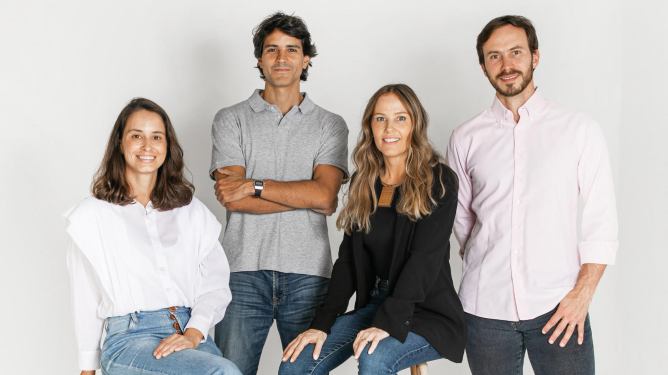Background on Tesla and CRD
The CRD, an independent agency within the California Statewide Agency Services, has a mandate to investigate claims of workplace discrimination and ensure fair treatment for all employees. In November 2021, the CRD filed a lawsuit against Tesla, Inc., alleging racial discrimination at Tesla’s Fremont factory. This investigation followed several anonymous complaints from employees who alleged that Black workers faced mistreatment, unequal pay, harassment, and a hostile work environment.
Tesla’s Response to CRD Lawsuit
Tesla initially denied any wrongdoing, claiming that the CRD had improperly investigated their facility without sufficient evidence or factual basis. The company further argued that the CRD’s investigation lacked proper protocol, leading them to attempt and fail to dismiss the lawsuit. In response, Tesla published a blog post wherein they reiterated their denial of discrimination allegations and characterized the CRD’s action as misguided.
Judge’s Ruling on CRD’s Investigative Process
In a recent ruling by California Superior Court Judge Evelio Grillo, it was determined that the CRD must provide Tesla with detailed information regarding its prior investigations before proceeding with the lawsuit. This decision follows California law, which mandates that an agency investigate worker claims of discrimination and take action only after such investigations have been completed.
The ruling comes at a pivotal moment in Tesla’s legal battle against the CRD. If the court’s decision stands, Tesla will gain access to critical details about the nature of the alleged discrimination, potentially altering their countersuit strategy. Additionally, if the CRD had previously failed to investigate certain claims adequately before filing the lawsuit, Tesla may be granted an opportunity to remove those claims from the case or attempt a new dismissal.
Implications for Tesla’s Counter-Lawsuit
Tesla plans to utilize this ruling as a basis for revising their countersuit against the CRD. The company seeks to argue that the agency did not properly notify them of prior discrimination claims and failed to follow established procedural guidelines in conducting its investigation. If successful, this could significantly weaken the CRD’s case, forcing the agency into reconsideration of its approach in future investigations.
Background on California’s Investigative Process
California law requires agencies such as the CRD to conduct thorough investigations before taking any action regarding workplace discrimination claims. This mandate ensures that any legal actions are based on substantial evidence and proper procedural safeguards. The ongoing debate centers around whether the CRD followed these guidelines adequately in its investigation of Tesla’s Fremont factory.
The Ongoing Debate: CRD’s Procedure
The question now is whether the CRD followed appropriate procedures when investigating Tesla’s claims. Critics argue that the agency failed to conduct a comprehensive investigation or provided insufficient details about their findings before filing the lawsuit against Tesla. Proponents, however, suggest that the CRD acted within its mandate by pursuing necessary investigations but may have erred in rushing to file the lawsuit without ensuring all evidence was gathered.
Prior Rulings and Scrutiny
In past cases involving the CRD, there has been significant scrutiny over whether the agency followed proper procedures. Some instances have raised concerns about improper investigation practices, leading to public criticism of the agency’s actions. These prior rulings may inform the current decision-making process in this case, particularly regarding Tesla’s potential counter arguments.
Background on Earlier Rulings
Notably, a separate ruling in 2019 established guidelines for proper investigative procedures by the CRD. However, subsequent cases have raised questions about whether these guidelines were consistently applied. The ongoing debate now focuses on whether the CRD acted appropriately within this framework when investigating Tesla’s Fremont factory.
Additional Background Information
The investigation into Tesla’s Fremont factory was initiated after anonymous complaints from employees. These claims included allegations of racial discrimination and mistreatment of Black workers, which were documented by multiple sources within the company. The CRD’s initial response to these claims was thorough, involving interviews with employees and managers, review of policies, and consideration of relevant legal standards.
The Case of Owen Diaz
In addition to the ongoing investigation into Tesla’s Fremont factory, former employee Owen Diaz has brought a separate lawsuit alleging racial discrimination at the company. Diaz, who was terminated in 2018 after working for Tesla for eight years, filed a discrimination complaint with the EEOC (Equal Employment Opportunity Commission) following his termination. This case serves as an additional context within the broader investigation into workplace discrimination at Tesla.
Overview of Tesla’s Split Payment
Earlier this year, Tesla announced a payment split between itself and former employees over issues related to working conditions during COVID-19. This move was aimed at addressing concerns about systemic issues in the company’s operations while ensuring that ex-employees could pursue alternative employment opportunities. The CRD’s investigation into these matters is ongoing but unrelated to the current discrimination claims.
Background on Rebecca Bellan
Rebecca Bellan, the chief diversity officer for Tesla and a member of the executive committee, has been at the forefront of addressing workplace diversity and inclusion initiatives within the company. Her role involves leading efforts to create an inclusive work environment that reflects the diverse population of Tesla’s workforce.
Conclusion
The ruling by Judge Evelio Grillo marks an important step in Tesla’s ongoing legal battle with the CRD. By requiring detailed information about prior investigations, the court is reinforcing California law’s commitment to ensuring fair treatment for all employees. While Tesla seeks to leverage this decision as a strategic advantage in their countersuit, the outcome will depend on whether the court’s ruling holds up under scrutiny and how the CRD addresses any procedural concerns raised by the ruling.
In summary, this case highlights the complexities of navigating workplace discrimination claims at the intersection of corporate law and individual rights. The resolution of this matter will have significant implications for both Tesla and the CRD, potentially reshaping the agency’s approach to future investigations and underscoring the importance of procedural fairness in legal proceedings.



